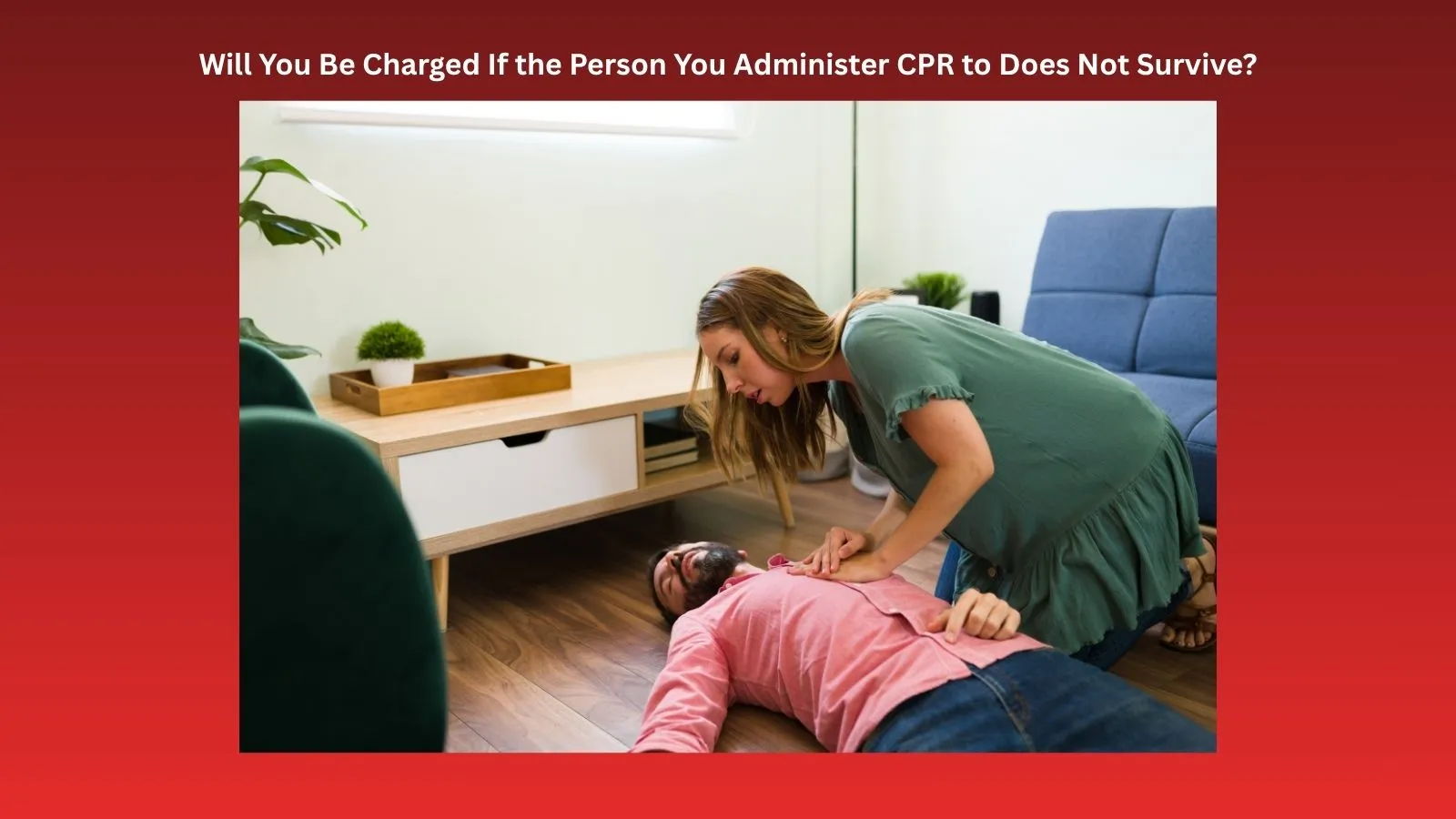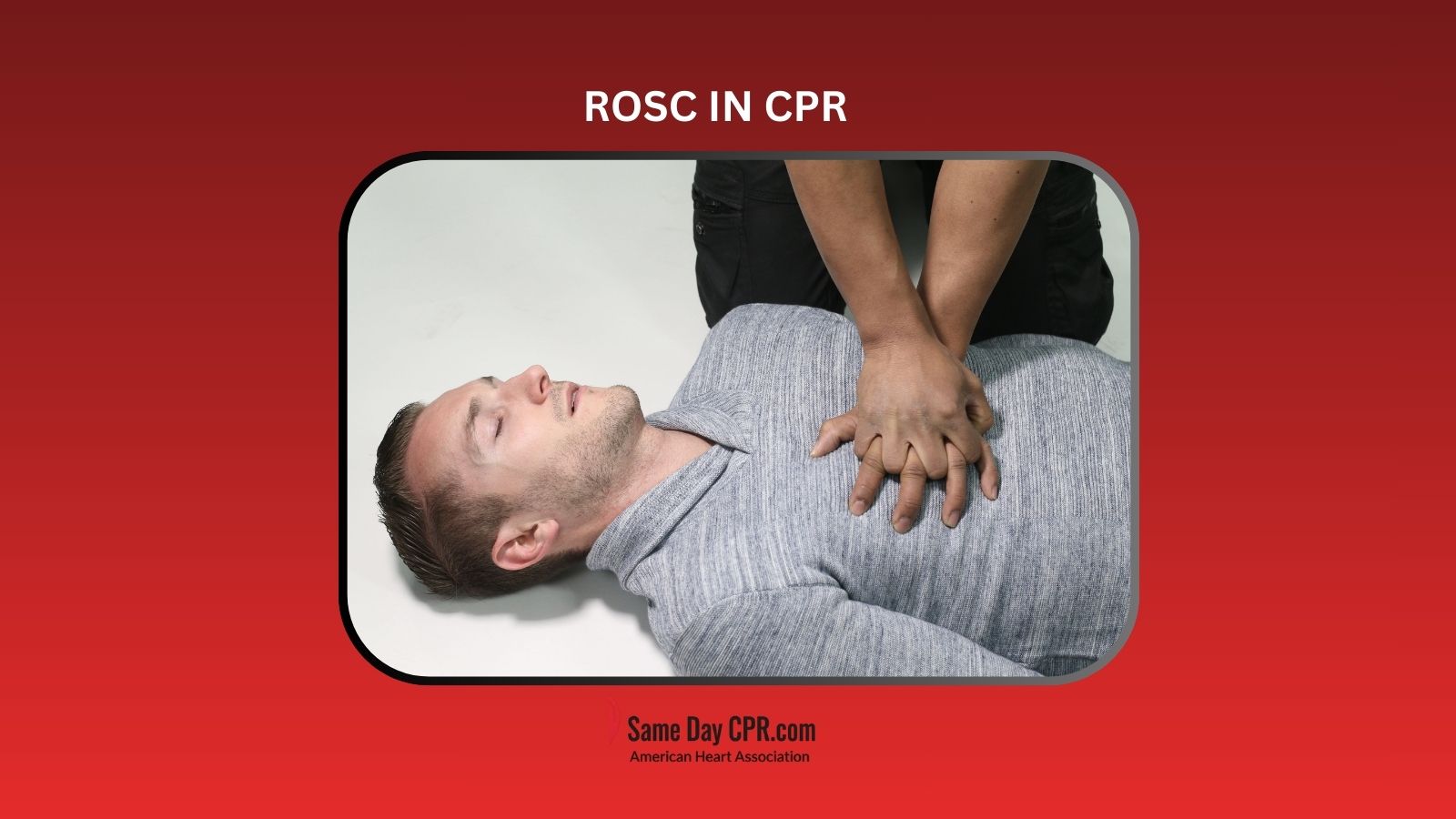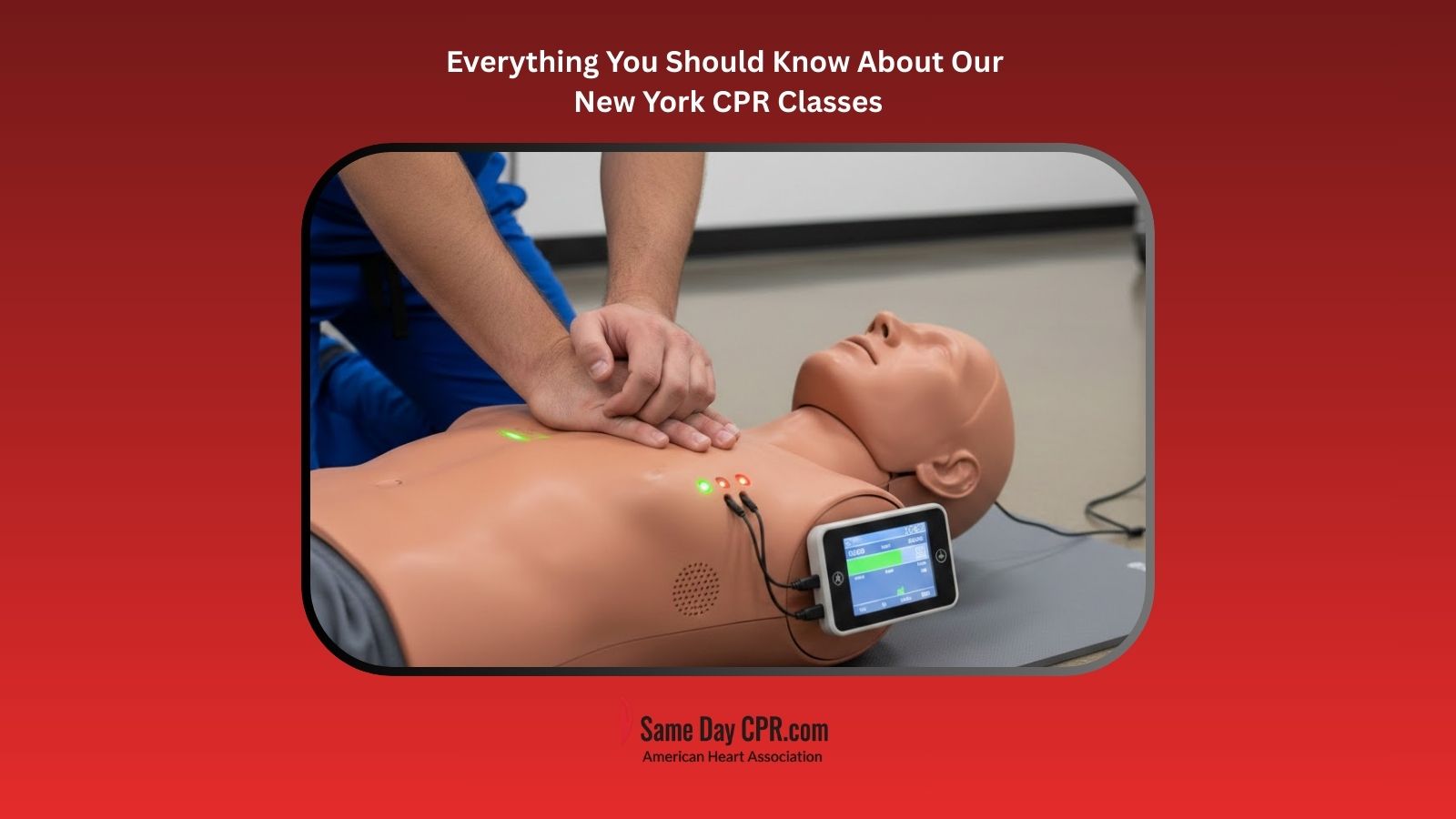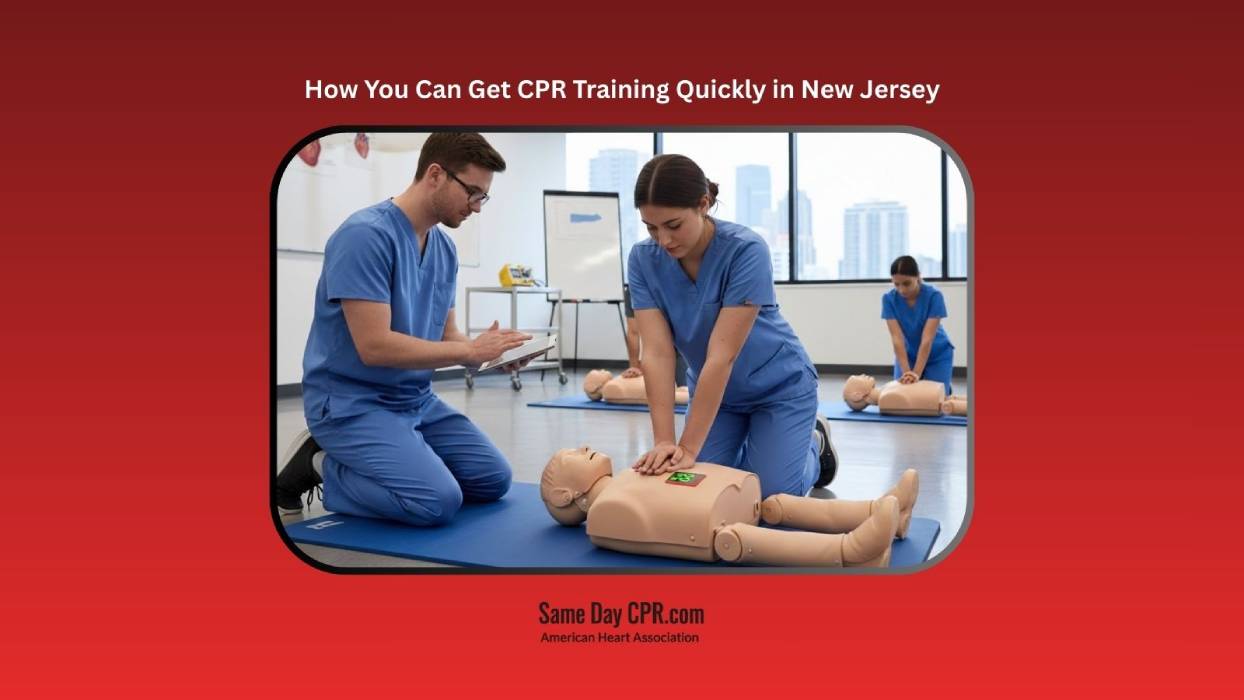When someone collapses and stops breathing, it can be frightening. In those few moments, your reaction can mean the difference between life and death. But while many people want to help, some hesitate because they worry about what might happen if the person does not survive.
One of the most common questions people ask is: “If I give CPR to someone and they die, could I be charged or sued?”
This article explains what the law says, what Good Samaritan protections mean, and how you can safely help in an emergency without fear of legal trouble.
Why People Worry About Legal Consequences
It is natural to worry about doing something wrong in a crisis. Many bystanders fear that if the person dies after they try CPR, they might face criminal charges or be sued by the family. Interestingly, this fear may even contribute to disparities in care, such as women being less likely to receive bystander CPR with an AED in public.
This concern keeps many people from helping at all. However, most of these fears are unfounded. In reality, laws are designed to protect those who try to help during emergencies, not punish them. That protection comes through what’s known as the Good Samaritan Law.
Understanding the Good Samaritan Law
The Good Samaritan Law exists to protect people who offer emergency assistance in good faith. It encourages bystanders to help without fear of legal consequences.
If you give CPR voluntarily without expecting payment and act reasonably within your level of training, the law protects you from being sued or charged, even if the person does not survive.
These laws vary slightly by state, but the main principle is the same: if you act in good faith and are not reckless or negligent, you are legally protected.
What “Good Faith” Means
Acting in good faith means you are sincerely trying to help the person in distress. You are not acting carelessly, not seeking personal gain, and not intending to harm.
For example, if you see someone collapse and you perform CPR to the best of your ability, you are acting in good faith. Even if the outcome is not successful, your intent was to help, and that is what the law recognizes.
What Is “Negligence” in CPR?
Negligence means failing to act with the level of care that a reasonable person would use in the same situation. “Gross negligence” means acting with serious carelessness or doing something clearly dangerous.
Let’s look at a situation:
- Performing chest compressions incorrectly despite being trained might be a simple mistake, not negligence.
- But trying to perform medical procedures you have no training for, such as using sharp instruments or unsafe methods, could be seen as gross negligence.
As long as you follow your CPR training and act responsibly, you are not being negligent.
Can You Be Charged If the Person Dies?
In most situations, no, you cannot be charged if the person you performed CPR on does not survive. Death alone is not proof that you did something wrong.
CPR does not guarantee that the person will recover. Sometimes the damage is already too severe before help arrives. The law recognizes this and protects you from liability if your intentions and actions were appropriate.
In rare cases, a charge could occur only if someone intentionally caused harm, acted recklessly, or ignored the victim’s clear medical wishes, such as a Do Not Resuscitate (DNR) order. But this is extremely uncommon.
When the Law Might Not Protect You
While Good Samaritan laws protect most people, there are a few exceptions. Legal protection may not apply if:
- You acted for payment or expected something in return.
- You were grossly negligent or did something clearly unsafe.
- You continued care after professionals arrived and caused further harm.
- You ignored the victim’s DNR order.
- You performed medical actions outside your skill level, such as using invasive tools or unapproved devices.
Outside of these situations, protection under the law almost always applies.
What About Injuries Caused During CPR?
CPR can sometimes cause injuries, such as cracked ribs or bruises, especially in older adults. This is actually quite common and not a reason to stop.
Medical experts agree that broken ribs are a small price to pay compared to the potential of saving a life. Good Samaritan laws cover such accidental injuries as long as you were performing CPR correctly and with good intent.
There have been almost no successful lawsuits against people who caused injuries while performing CPR properly.
Getting Consent Before Giving CPR
If the person is conscious, it is best to ask for permission before performing CPR. You can say, “Can I help you?” or “Do you want me to call for help?”
If the person is unresponsive, consent is automatically assumed. This is called “implied consent.” The law assumes that a reasonable person would want help in a life-threatening emergency.
The Importance of Acting Quickly
When the heart stops, blood flow to the brain and other organs stops too. Waiting too long to act can lead to permanent damage or death.
That’s why it’s so important for bystanders to step in when they recognize cardiac arrest. You don’t need to be a medical expert. Even hands-only CPR, which involves pressing hard and fast in the center of the chest, can keep the person alive until help arrives.
Legal protections are there to make sure that fear of being blamed doesn’t prevent you from saving someone’s life.
Steps to Follow During CPR
If you witness someone collapse and they are not breathing normally, here’s what you should do:
- Check for responsiveness. Tap the person’s shoulder and ask loudly, “Are you okay?”
- Call 911 immediately. If others are around, ask someone to call while you begin CPR.
- Start chest compressions. Place your hands on the center of the chest and press hard and fast, at least two inches deep, about 100–120 times per minute.
- Use an AED if available. Follow the voice prompts from the device. Also, understand when you should clear the victim while operating the AED.
- Continue CPR until professionals arrive. Once emergency medical services take over, stop and let them continue care.
Following these steps not only improves the person’s chance of survival but also keeps you within the boundaries of legal protection.
Check Out: Chest Compression Feedback Device for Effective CPR
If You Feel Nervous About Helping
Feeling nervous is normal, especially in high-stress situations. Remember that doing something is almost always better than doing nothing. Even trained professionals sometimes feel anxious during emergencies, but they act because they know the importance of trying.
If you have taken CPR training, rely on what you learned. If you haven’t, you can still perform hands-only CPR until help arrives. Good Samaritan laws protect both trained and untrained rescuers.
Why CPR Training Is Important
Taking a CPR certification course helps you act with confidence. You’ll learn proper hand placement, depth, rhythm, and how to use an AED safely. Training also teaches you to recognize signs of cardiac arrest early and to stay calm while waiting for emergency responders.
Being trained not only increases the chances of saving a life but also helps ensure your actions are legally protected, since you’ll be acting within your level of knowledge.
The Emotional Side After Giving CPR
Helping in an emergency can be emotionally intense, especially if the person doesn’t survive. It’s common to feel sadness, guilt, or stress afterward. Remember that you did your best and acted out of care and courage. You gave that person a chance they would not have had otherwise.
Talking about the experience with others or seeking support can help you process your feelings.
Key Takeaways
- Performing CPR in good faith is legally protected in most places.
- The Good Samaritan Law shields you from being charged or sued when acting reasonably and without payment.
- Death after CPR does not mean you are responsible.
- Injuries like broken ribs are common and protected under the law.
- Getting CPR training gives you confidence and keeps your actions within safe and legal limits.
- Acting quickly and responsibly can make a real difference in saving lives.
Conclusion
In short, the fear of being blamed should never stop you from helping someone in need. Laws are designed to protect those who step up, not punish them. If you see someone collapse and stop breathing, take action: call for help, start CPR, and use an AED if one is available. You are doing the right thing. Even if the person doesn’t survive, you will not face charges or punishment for trying to save a life. Your courage, effort, and willingness to act can bring hope in a life-threatening moment, and that is invaluable.
One of the most meaningful ways to make a difference is to get trained yourself. Same Day CPR offers American Heart Association BLS, ACLS, and PALS courses designed to be simple and convenient. Begin with an online class at your own pace, then attend a short 30-minute hands-on session. You’ll leave with your official AHA certification card the same day. Sign up today and gain the skills and confidence to save a life when it matters most.








